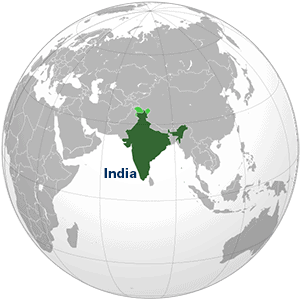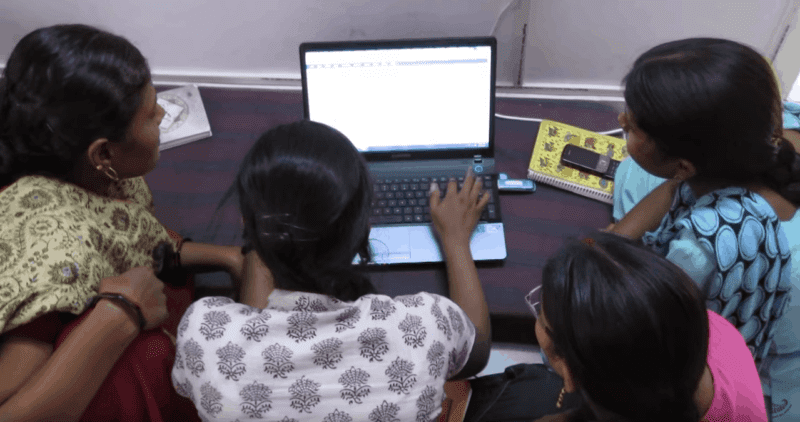 RiseUp is part of Women in Governance (WinG), a coalition of Indian organisations working to improve women’s participation and representation in governance and decision-making at all levels.
RiseUp is part of Women in Governance (WinG), a coalition of Indian organisations working to improve women’s participation and representation in governance and decision-making at all levels.
Nonibala, RiseUp’s Director, saw that frequent internet shutdowns were having a negative impact on women’s lives, but that nobody was speaking out on the issue.
Nonibala and her team published a survey of internet connectivity and accessibility in 2017, and met with other women’s organisations to discuss the implications. It became clear that there were two types of shutdown:
A. Unintentional, due to poor infrastructure – particularly common in rural areas.
B. Intentional – with increasing frequency, the government shuts down the internet whenever social or political issues arise. This may or may not be announced beforehand, and can last for up to a week.
Social and political issues arise often in Manipur and the whole of north-eastern India, where Nonibala is based.
Since 1958, the armed forces have had special powers, including the license to kill any citizen on suspicion of any crime. To date, there have been 1,528 documented cases of this, with many more undocumented.
Many women whose husbands or sons have been killed in this way desperately want to protest, but are afraid to do so.
Similarly, gender-based violence is widespread, but any groups trying to campaign for perpetrators to be brought to justice have been silenced, and this has also let to internet shutdowns.
Nonibala says, “Whenever there are reports or rumours of even mild unrest or protest, the government shuts the internet down. Many people feel that shutdowns are needed, because they solve the problem – they control the situation.
But our approach is that intentional shutdowns are a fundamental violation of human rights.”
RiseUp applied for an Internews grant with the objective of raising awareness of digital rights amongst women’s groups, and advocating for change.
Between April and June 2019, Nonibala and her team organised a three workshops, attended by 32 WinG leaders and members, civil society women’s groups and individual women.
At these workshops, the team presented the results of the 2017 survey, updated with more recent figures.
For the majority of participants, this was the first time they had understood the connection between their rights and government-led shutdowns. By the end of the workshops, the participants had developed individual and collective advocacy strategies and action plans.
Nonibala explained why it is so important to have women leading on this topic:
“Some of our participants are survivors of gender-based violence. We support them to move from victimhood to leadership, and to become agents of change. We are advocating for our own rights in a patriarchal society that looks the other way when we are raped, beaten or abused.
If we do not empower ourselves to lead on this issue, who will do it for us?”
More Case Studies:
Togo | Bolivia | The Gambia | Argentina | India | Kyrgyz Republic | Ukraine | Cameroon | Mexico | Grassroots Initiatives Home Page
(Banner photo: Women in India are trained by Khabar Lahariya on using the Internet for journalism. Credit: Khabar Lahriya/YouTube)
